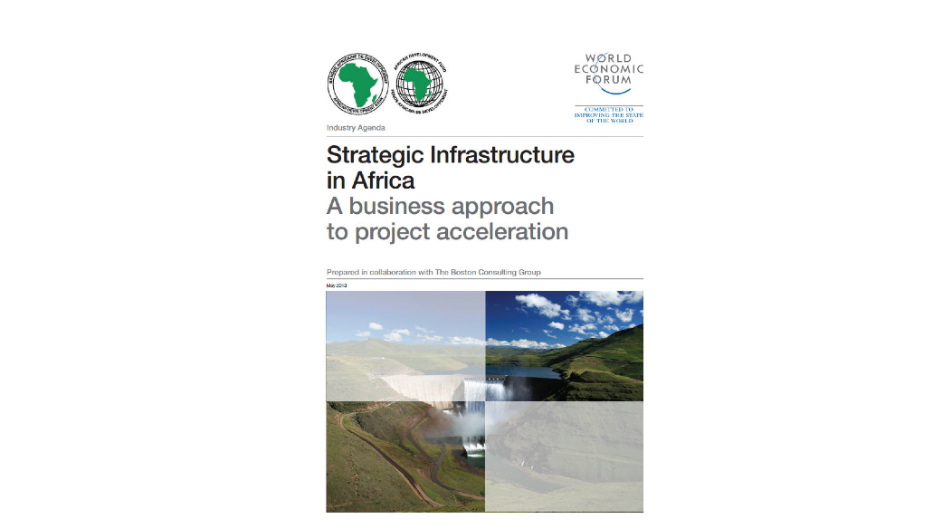Publications
Filter by
520 results found
This chapter discusses the impact of climate events on various types of digital infrastructure.

This paper, prepared as background material for the Lifelines report on infrastructure resilience, summarizes the main findings on the risk faced by transport networks and users as a result of natural disasters and climate change, and the main recommendations for building more resilient transport networks.

This paper develops a port productivity and efficiency analysis of all developing regions between 2000 and 2010, using both parametric and nonparametric approaches.

This report assesses infrastructure PPP investments in an expanded list of Fragile and Conflict Affected States (EFCS2), as well as the PPP regulatory frameworks during the 2012-2016 period.
The paper discusses the importance of ICT for growth and governance in the context of North Africa's development.

The checklist aims at providing a framework to ensure the mainstreaming of gender in the infrastructure sector throughout the project cycle.

The checklist aims at providing a framework to ensure the mainstreaming of gender in the education sector throughout the project cycle.

The checklist aims at providing a framework to ensure the mainstreaming of gender in the health sector throughout the project cycle.

The checklist aims at providing a framework to ensure the mainstreaming of gender in the water sector throughout the project cycle.

This paper uses a standardised measurement framework of development effectiveness, econometric analysis and case studies to assess the performance of African countries in terms of aid effectiveness in the water sector.

The first volume of the Water Sector Governance in Africa series looks at the enabling environment supporting a sustainable water sector.

This document provides a set of guidelines and templates for the assessment of governance in the water sector.

This study reviews African Project Preparation Facilities, providing recommendations for their enhancement.

This publication discusses issues that characterise PPPs from the project selection stage until after the contract is signed.

This study aims to assist Bangladesh in becoming a viable player in the IT/ITES industry in five years by identifying the strategies, programs and investments needed in order for the country to leverage ICT for economic growth and competitiveness, as well as for social development by increasing gender equality and youth employment.





This report presents a selection methodology that proposes a common language with clear economic, technical, social and regional criteria to identify infrastructure projects with the potential for acceleration.



OECD Investment Policy Reviews present an overview of investment trends and policies in the countries reviewed, using the OECD Policy Framework for Investment to assess the climate for domestic and foreign investment at sub-national, national or regional levels. They then propose actions for improving the framework conditions for investment and discuss challenges and opportunities for further reforms.



As part of its Public Procurement Toolbox, the OECD developed indicators to measure the performance of public procurement systems.



The OECD Recommendation on Public Procurement is the overarching OECD guiding principle on public procurement that promotes the strategic and holistic use of public procurement.




